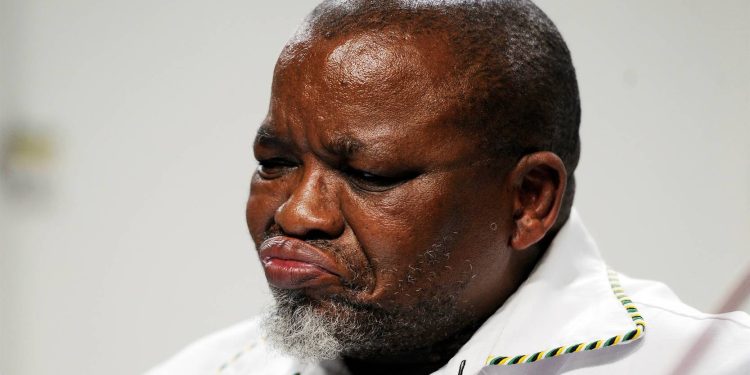ANC National Chairperson Gwede Mantashe has taken aim at the Umkhonto Wesizwe Party (MK Party), labeling it a “product of tribalism” and accusing it of driving an ethno-nationalist agenda. Mantashe argued that the MK Party, which has garnered significant support among Zulu speakers, uses ethnic identity as a political tool, fostering division rather than unity.
The MK Party’s recent electoral gains have come primarily from areas with large Zulu-speaking populations, such as KwaZulu-Natal (KZN), Gauteng’s former hostels, and parts of Mpumalanga. This regional success has raised questions about its capacity to appeal more broadly on a national level, given its focus on Zulu-centric themes. Under the rallying cry of “MZulu Hlanganani” (“Zulus Unite”), former President Jacob Zuma, a prominent MK Party supporter, has leveraged ethnic solidarity to galvanize his base.
Political analysts suggest that the MK Party’s gains are no coincidence, viewing them as a deliberate tactic to evoke Zulu pride and loyalty. Zuma’s involvement has been critical; his speeches and messages emphasize Zulu identity, which resonates deeply with his followers in ethnically homogeneous regions. However, Mantashe warns that the MK Party’s ethnocentric approach could risk fracturing South Africa’s social unity. “Our democracy was built on unity in diversity, not division,” he said, urging voters to reflect on the consequences of identity-based politics.
Mantashe’s critique has reignited debate on the impact of ethnic identity in South African politics and whether such strategies are counterproductive to the nation’s goal of inclusive democracy. Some scholars are calling for research into the MK Party’s tactics to better understand how the MZulu Hlanganani phenomenon has been used to influence voter behavior.
As the conversation unfolds, Mantashe’s comments underscore the complex balance South Africa must navigate between respecting diverse ethnic identities and fostering a cohesive national identity—a balance critical to the country’s democratic future.






















